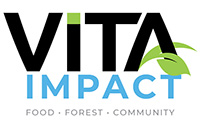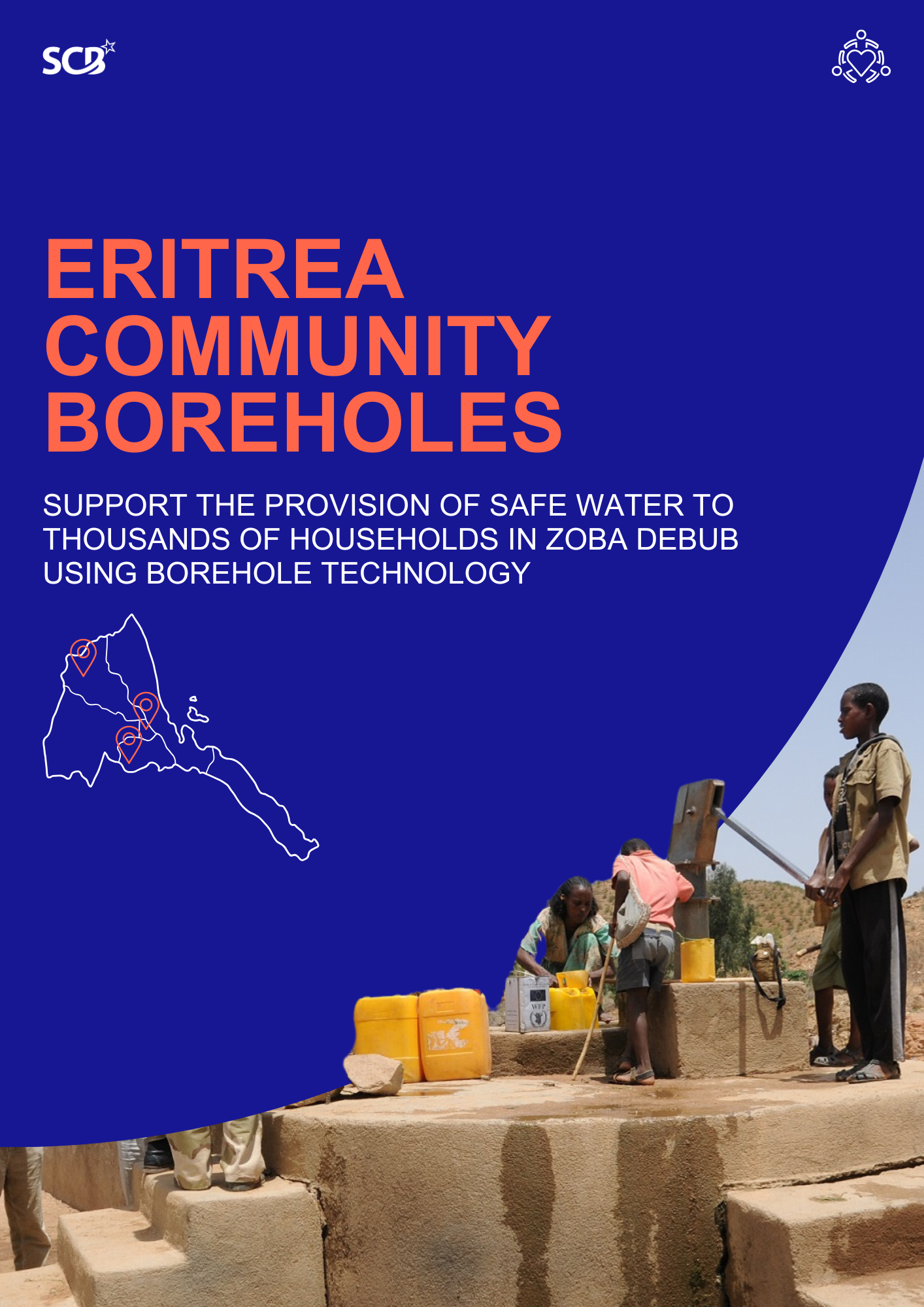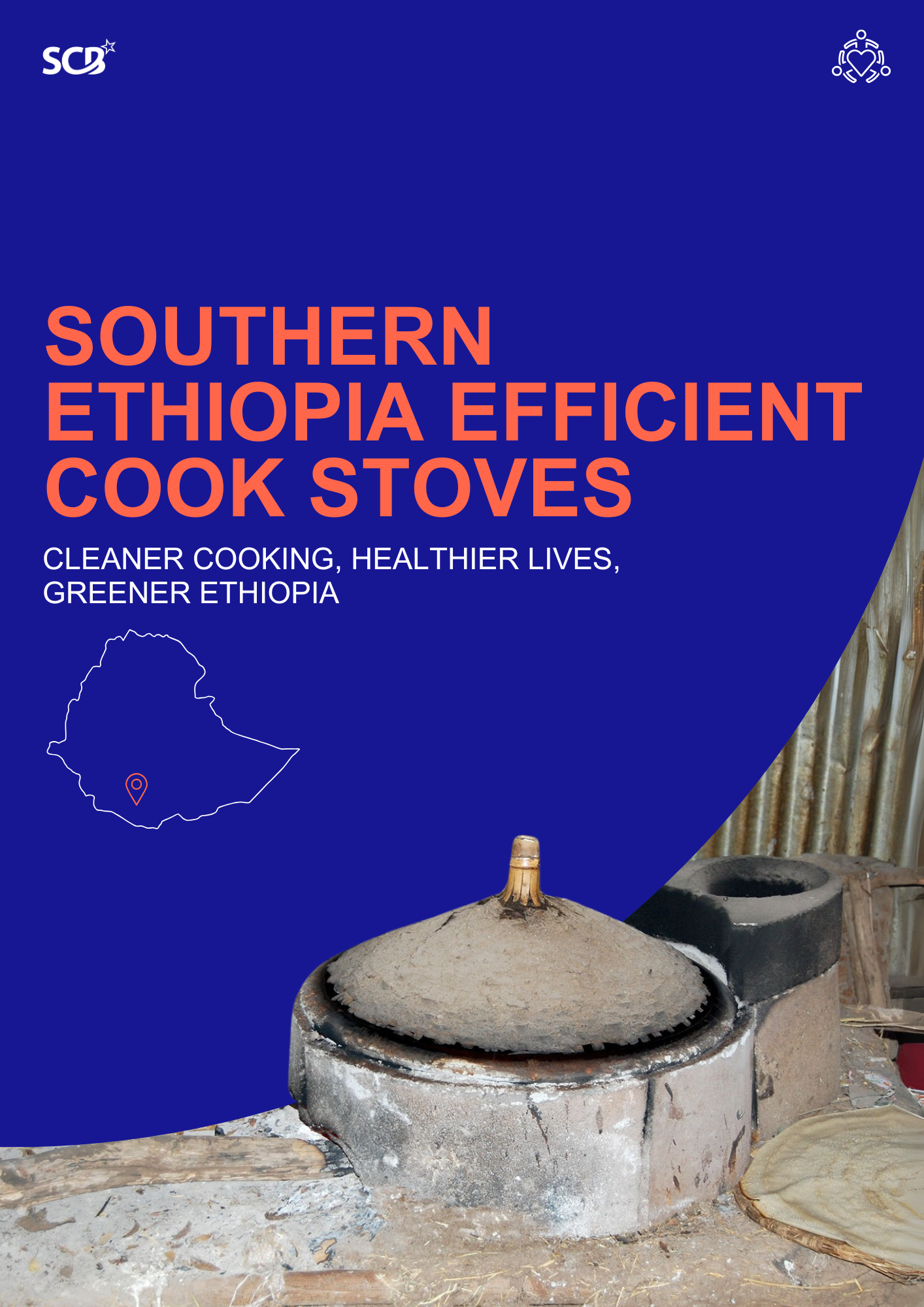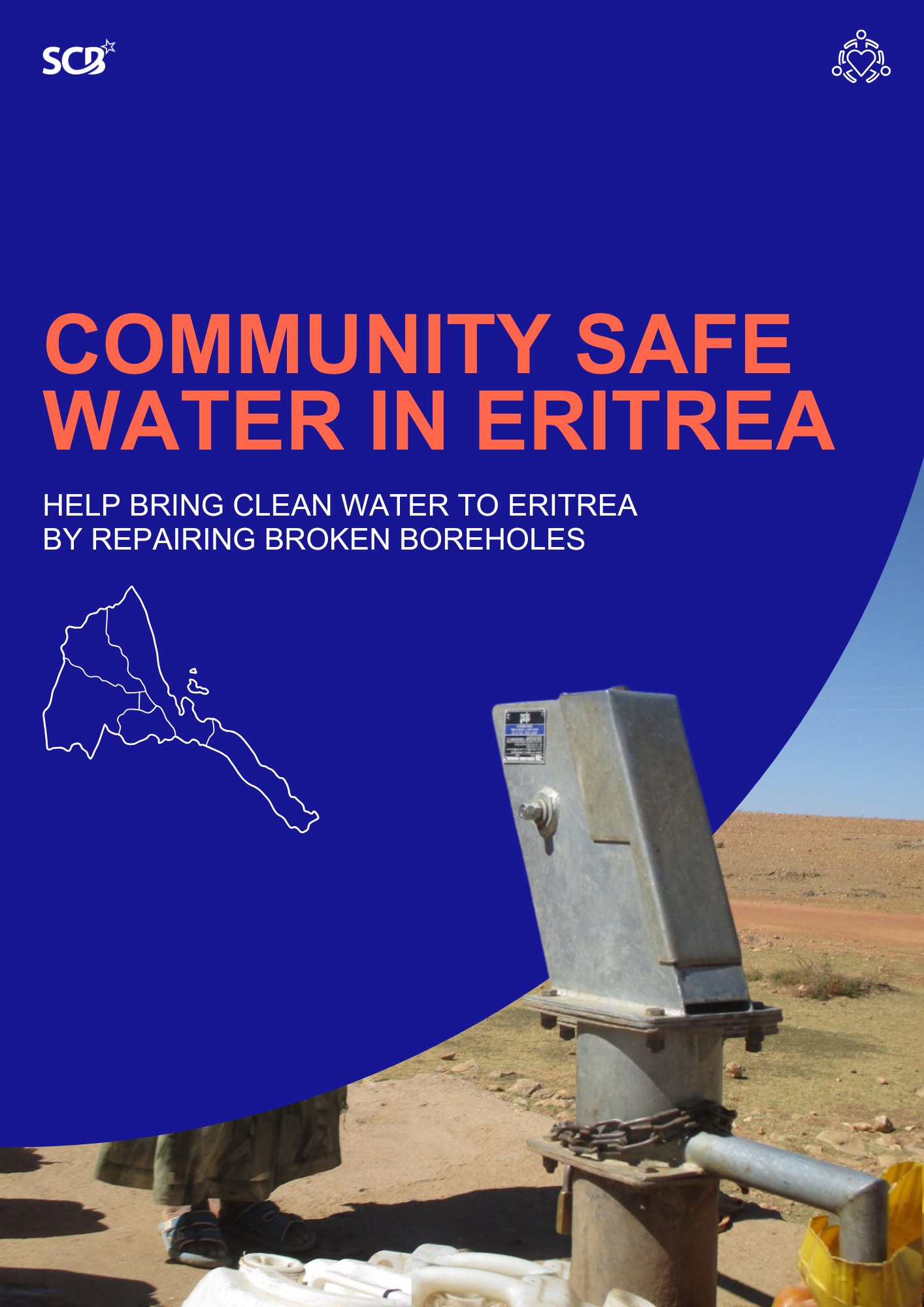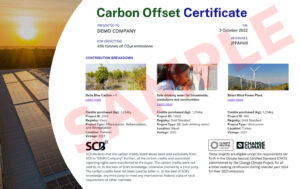SCB’s Carbon Contribution Platform
PURCHASE CARBON CREDITS FROM VITA PROJECTS
Use this page to buy carbon credits from VITA Projects.
Vita Impact is 36-year-old Irish development organisation delivering climate justice, social impact and gender equality in Ethiopia and Eritrea through innovative, community-driven programmes that deliver unprecedented scale and cost-effectiveness.
Projects include access to clean and safe water through repair of community waterpoints, fuel-efficient cooking, community forest restoration and climate smart climate in Ethiopia and Eritrea.
SCB is pleased to be working with VITA to give easy access to their projects.
Beyond Value Chain (BVC) investments are simple

SELECT PROJECT
Choose from a choice of three impactful VITA climate action projects

Pay
Calculate the amount of carbon credits you wish to purchase. You can get this from your flight confirmation, carbon accounting system or one of numerous online calculators. Alternatively, invest purely for impact, the projects are all high impact for the local communities. Complete your payment quickly and securely via Stripe. For large purchases of more than 999 tons, calculate SCB direct on carbonconsulting@starcb.com.
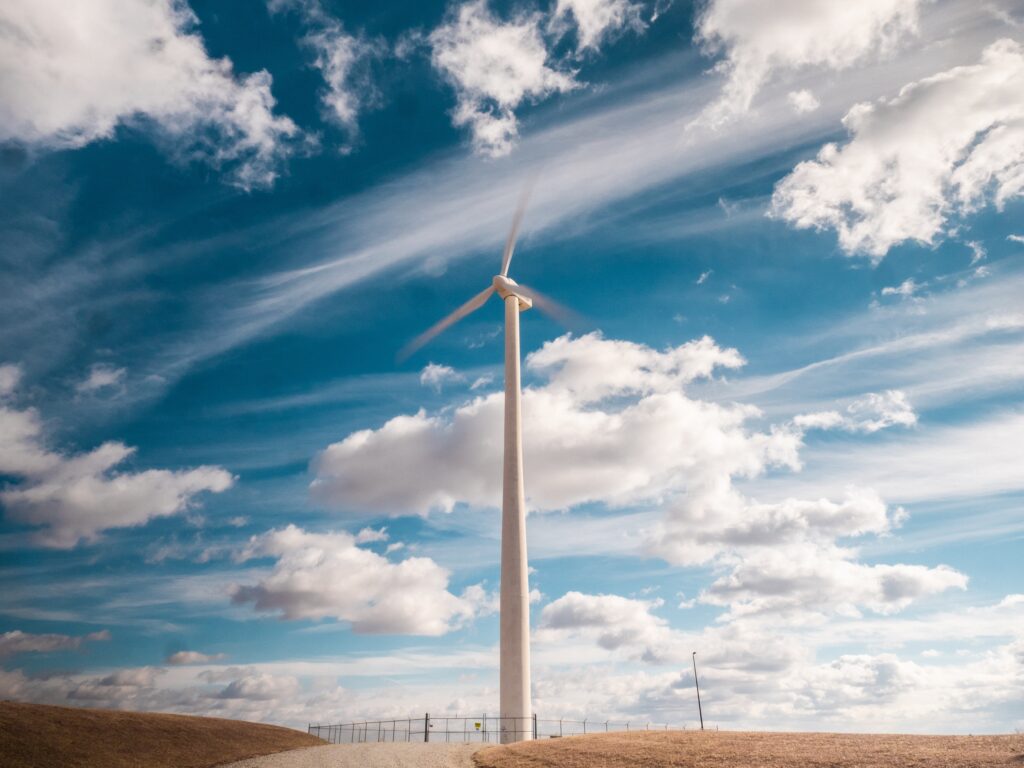
Receive Certificate
Receive a personalized retirement certificate via email which has all the required information to verify your investment.
Any questions – you can contact SCB here and Vita here.
In just three easy steps, contribute to global climate progress and meet your own climate and certification goals with confidence.
CHOOSE FROM THE FOLLOWING PROJECTS:
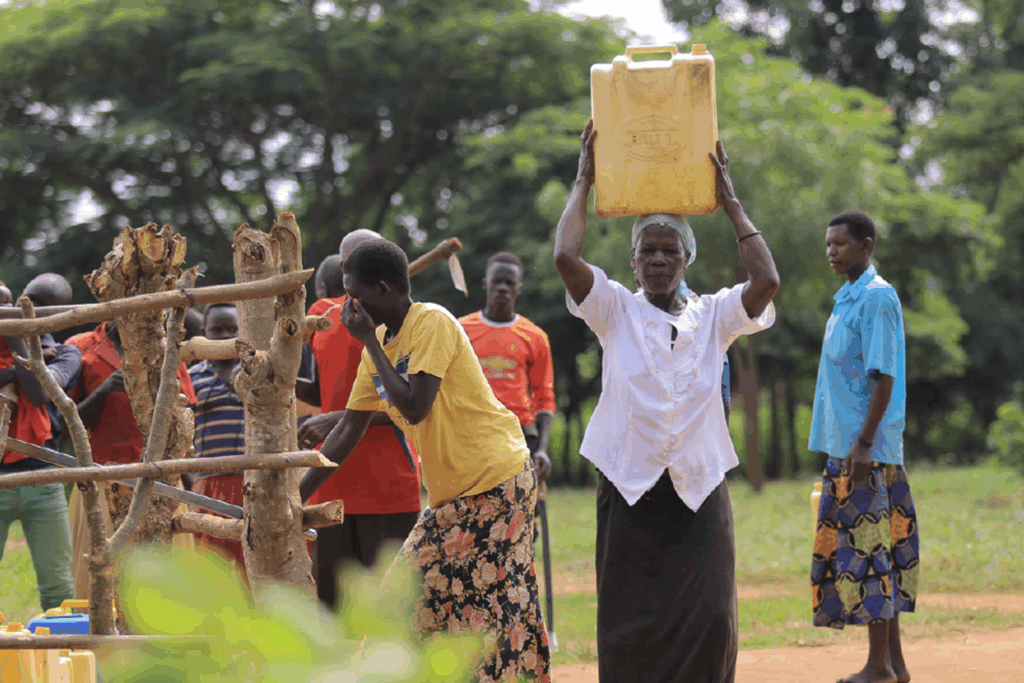
GS 5125 - Eritrea community boreholes
Help provide safe, reliable water to thousands of households in Zoba Debub through borehole technology. Carbon credits generated from wood savings are used to fund the renovation and ongoing maintenance of the boreholes.
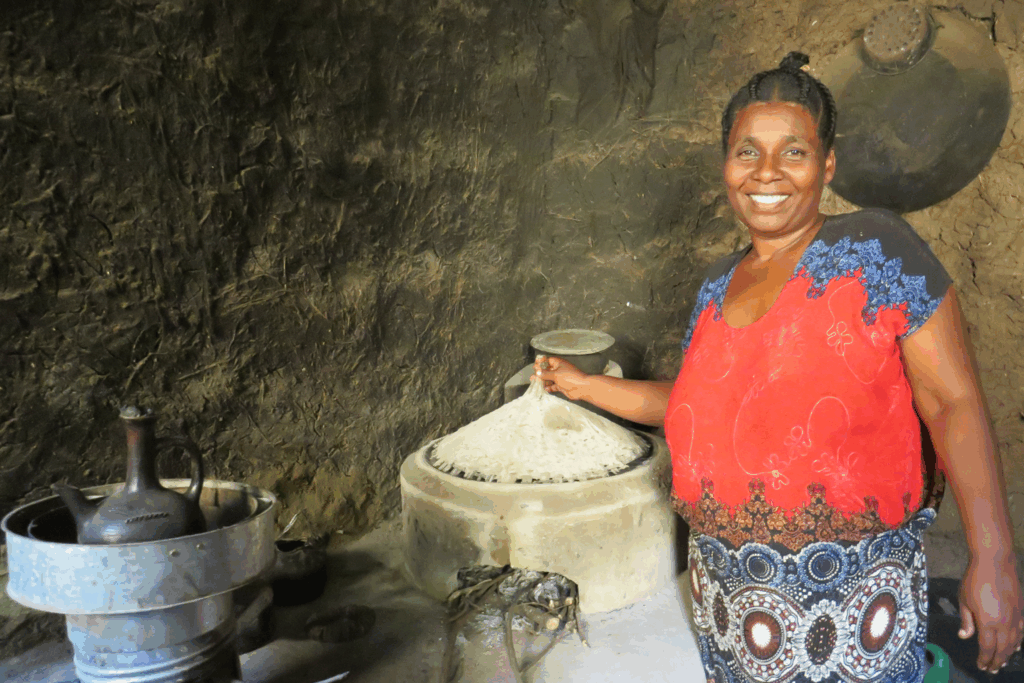
GS 7293 - Southern Ethiopia efficient cookstoves
In the rural districts of Chencha, Mirab Abaya, and Arbaminch Zuria, thousands of households are replacing traditional three-stone fires with efficient cookstoves that reduce firewood use, protect forests, and cut harmful indoor air pollution. Supported by carbon revenues, the project delivers lasting health, environmental, and community benefits -especially for women and children.
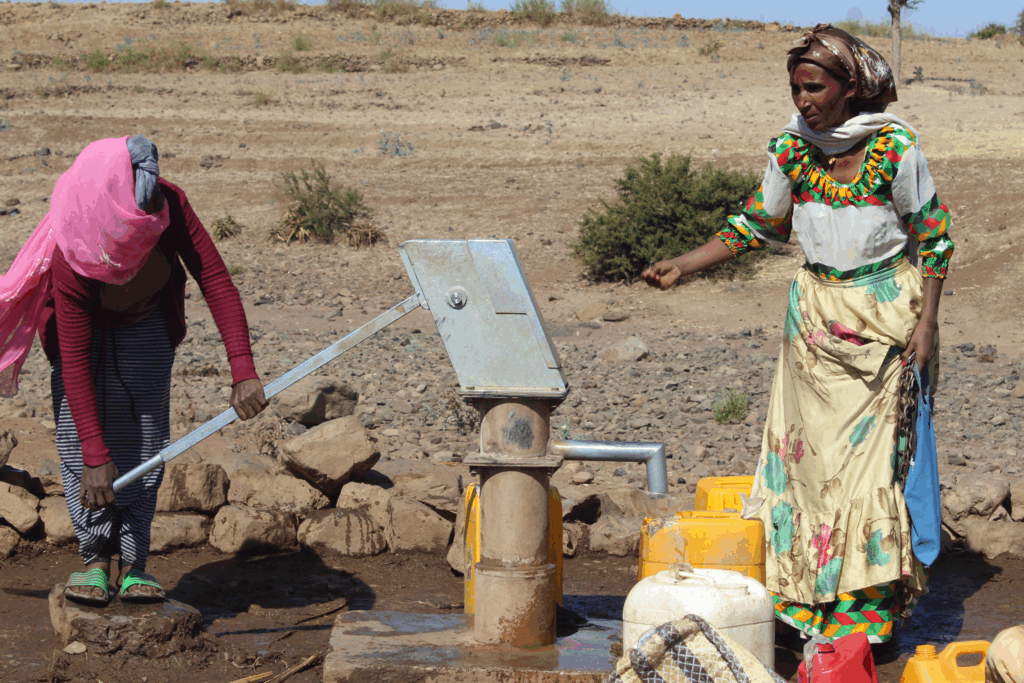
GS 1247 - Community Safe Water in Eritrea
Across Zoba Debub, Zoba Anseba, and Zoba Maekel, broken boreholes are being repaired to bring safe water to rural communities. By eliminating the need to boil water with firewood, the project cuts harmful emissions, reduces pressure on forests, and improves health—particularly for women and children. Supported by carbon finance, these boreholes deliver lasting benefits for people, nature, and climate.
What Projects will you support?
Certification
All listed projects are certified by Gold Standard. The Gold Standard registry meticulously certifies carbon credits, ensuring authentic, quantifiable and enduring emissions reductions.
After Purchase Retirement certificate to verify your investment
Retirement Certificate for Submission to the Change Climate Project
Frequently Asked Questions
Who is SCB?
At SCB Environmental Markets SA (SCB), we take pride in being a global pioneer in low-carbon environmental commodities. For over 17 years, we have led the carbon markets, offering tailored climate solutions that empower organizations to meet their sustainability objectives with trust and transparency. As a certified B Corp and ISO14001 company, we are committed to the highest standards of environmental responsibility. SCB delivers a full suite of in-house services, including sustainability consulting, GHG accounting, climate contribution, Energy Attribute Certificates, and our innovative CarbonAI platform. This holistic approach ensures that we guide our clients through every stage of their sustainability journey, providing comprehensive and integrated support. Our unwavering commitment to high-quality climate mitigation projects is reflected in our stringent selection process. By carefully evaluating each project, we guarantee meaningful environmental impact, offering our clients dependable and effective solutions to meet their climate targets.
What is B Corp?
A B Corp (Benefit Corporation) is a certification awarded to for-profit companies that meet rigorous standards of social and environmental performance, accountability, and transparency. B Corps are dedicated to balancing profit with purpose, working to create positive impacts for employees, communities, customers, and the environment. Certified by the nonprofit B Lab, companies must undergo a thorough assessment to prove their commitment to sustainability, ethical governance, and social responsibility. B Corp certification is a trusted symbol of integrity, signifying that a company is using business as a force for good while upholding high operational standards. SCB’s B Corp certification affirms to our stakeholders that we are accountable, transparent, and constantly working to make a meaningful, positive impact through responsible and sustainable business practices.
What are carbon emissions?
Carbon emissions refer to the release of carbon dioxide (CO₂) and other greenhouse gases (GHGs) into the atmosphere, primarily as a result of human activities such as burning fossil fuels (like coal, oil, and natural gas), deforestation, and industrial processes. These emissions contribute to the greenhouse effect, where gases trap heat in the Earth’s atmosphere, leading to global warming and climate change. While CO₂ is the most prevalent greenhouse gas, other gases like methane (CH₄) and nitrous oxide (N₂O) are also significant contributors. Reducing carbon emissions is a critical step in mitigating climate change and achieving sustainability goals.
What are Beyond Value Chain (BVC) investments?
A BVC investment refers to a project that qualifies for funding by meeting key criteria: it must operate outside the certifying entity’s direct operations or supply chain, deliver a specific and measurable climate benefit (such as carbon removal, clean energy generation, or zero-emissions transport), and be permanently retired, meaning it is no longer tradable, by or on behalf of the certifying entity.
What are carbon credits?
Carbon credits are tradable certificates that represent the reduction or removal of one metric ton of carbon dioxide (CO₂) or its equivalent in other greenhouse gases. They are used in market-based systems to help organizations address their emissions by supporting projects that either avoid or remove carbon from the atmosphere. There are two main types of carbon credits:
- Avoidance credits: These are generated by projects that prevent emissions from occurring in the first place, such as community-based clean cookstove projects that replace traditional open-fire cooking. These reduce CO₂ emissions by using fuel more efficiently and help prevent deforestation by decreasing the demand for firewood.
- Removal credits: These come from projects that actively remove carbon from the atmosphere, like reforestation or carbon capture and storage technologies.
Once a climate project is developed, monitored, verified, and certified as a legitimate climate mitigation project by recognized standards, carbon credits can be issued and sold. These certifications ensure the integrity and effectiveness of the project. Through the process of BVC investment, companies can purchase these verified carbon credits to address their emissions by supporting environmental projects, helping them reduce their overall carbon footprint and contribute to global climate action.
How does BVC investment complement reduction?
BVC investment complements emission reduction by addressing unavoidable emissions that remain after efforts to reduce them through energy efficiency, renewable energy, and improved processes. While reduction remains the primary goal, some residual emissions are inevitable. BVC investments enable organizations to support high-integrity projects outside their own value chains that measurably reduce or remove carbon elsewhere. This dual approach, prioritizing reduction while using BVC investments to manage residual emissions, creates a comprehensive strategy for achieving sustainability goals and minimizing climate impact. In the face of the climate crisis, BVC investments offer an immediate, credible means of climate action alongside long-term reduction efforts.
What is the role of carbon projects in safeguarding nature and biodiversity?
Carbon projects play a crucial role in safeguarding nature and biodiversity by directly addressing climate change and supporting ecosystems that are vital for both carbon sequestration and biodiversity conservation. These projects aim to reduce or remove greenhouse gas emissions through various methods such as reforestation, afforestation, sustainable land management, and conservation of forests and other carbon-rich ecosystems.
What do carbon projects mean for communities in the Global South?
Carbon projects offer significant benefits to communities in the Global South by creating economic opportunities, improving environmental resilience, and promoting sustainable development. These projects provide jobs and income through reforestation, sustainable agriculture, and the sale of carbon credits, helping communities move away from harmful environmental practices. By restoring ecosystems, carbon projects enhance soil quality, water retention, and agricultural productivity while also building resilience to climate change impacts like floods and droughts. Additionally, carbon projects empower communities by involving them in decision- making and providing training in sustainable land management. They often integrate traditional knowledge, preserving cultural practices while promoting conservation. By protecting forests and ecosystems, these projects ensure the long-term availability of natural resources and support biodiversity. On a global scale, carbon projects connect communities to carbon markets, attracting investment and promoting social equity by ensuring the fair distribution of benefits. Ultimately, carbon projects provide a sustainable pathway for economic growth, environmental protection, and climate resilience in the Global South.
Why should you purchase carbon credits?
Purchasing carbon credits allows individuals or organizations to address their carbon footprint by supporting projects that reduce or remove greenhouse gas emissions. This helps mitigate the environmental impact of activities like travel, energy consumption, or manufacturing, contributing to global climate action. Additionally, buying carbon credits can grant companies environmental certification. These certifications enhance corporate reputation, demonstrating a commitment to sustainability and aligning with eco- conscious values.
Where does the money go?
When organizations or individuals purchase carbon credits to address their emissions, the money typically goes toward funding carbon reduction or removal projects. These projects can vary widely in scope and focus, but the funds generally support:
- Project development and operation: A significant portion of the money goes toward the ongoing costs of developing, managing, and maintaining the climate mitigation projects. This includes building and operating renewable energy installations, managing reforestation efforts, or running carbon capture and storage technologies.
- Monitoring and verification: Climate mitigation projects need to be rigorously monitored and verified to ensure that the promised emission reductions or removals are being achieved. Funds contribute to these verification processes, which are carried out by independent third parties to ensure the integrity and transparency of the project.
- Local communities and environmental benefits: Many projects also directly benefit local communities by providing jobs, improving infrastructure, and promoting sustainable development. For example, reforestation projects can create employment opportunities, while renewable energy projects can improve access to clean energy in rural areas.
- Project expansion and scaling: In many cases, the funds help expand the project’s scope, allowing it to scale up and create greater environmental impact over time. This can involve expanding the geographical area for reforestation or building more renewable energy capacity.
By purchasing carbon credits, the money helps sustain and grow these carbon mitigation initiatives, ensuring that they continue to provide long-term environmental and social benefits.
How do I know the climate project is trustworthy?
At SCB, we are committed to ensuring that climate contributions are both transparent and impactful. Our strict selection criteria prioritize high-integrity carbon credits, which are chosen based on rigorous evidence-based monitoring, evaluation, third-party verification, and certification by recognized registries. Each project we support not only addresses climate change but often contributes to broader social and environmental benefits, including poverty reduction, improved health, skills development, ecosystem protection, and biodiversity conservation. Each credit represents one tonne of CO₂ that has been removed or avoided from the atmosphere as a result of your climate contribution, with impact confirmed through the issued retirement certificate. These certificates, along with comprehensive details about each project, are readily available on purchase confirmation pages and our website, ensuring total transparency and building trust in every step of the process.
What is SCB strict selection criteria?
SCB is deeply committed to selecting high-quality climate mitigation projects that deliver real, measurable impact. Each project undergoes a rigorous evaluation process, where we apply ten key criteria during the Project Design Document (PDD) review to ensure the highest standards of integrity and performance. By focusing on projects that align with your sustainability goals, we ensure that your investment results in meaningful reductions in greenhouse gas emissions. Additionally, we guarantee that all projects featured on this platform comply with the Climate Label Certified Standard’s requirements, providing you with confidence in both the value and credibility of your BVC investments.
- Additionality: A key criterion for maintaining the environmental integrity of a carbon project. It ensures that emission reductions or removals would only have occurred with the financial support generated by carbon credits.
- Permanence: The carbon savings from the project must be durable and long- lasting, ensuring that the benefits are sustained over time.
- Measurability: The project must use reliable and precise methods to accurately quantify the reduction or sequestration of greenhouse gases.
- Verification and Certification: Independent third-party verification and certification are necessary to confirm that the project meets established standards and achieves its stated environmental goals.
- Avoidance of Leakage: The project must demonstrate that it has effective measures in place to prevent emission reductions in one area from causing increased emissions elsewhere.
- Baseline Setting: A baseline must be established, representing the emissions that would have occurred without the project, to serve as a benchmark for comparing actual reductions.
- Transparency and Reporting: The project must transparently report its results, ensuring that each ton of CO2 reduced is counted only once.
- Co-Benefits: The project should contribute to the UN Sustainable Development Goals (SDGs) and deliver additional benefits beyond greenhouse gas reduction.
- Do No Harm: The project must avoid causing any negative impacts, ensuring no harm to local communities or ecosystems.
- Legal and Regulatory Compliance: The project must adhere to all relevant local, national, and international laws and regulations.
What is CarbonAI?
CarbonAI, developed by SCB Environmental Markets SA, is a cutting-edge AI platform designed for sustainability professionals. Powered by nearly two decades of SCB’s proprietary data, CarbonAI offers customized guidance on regulations, competitor strategies, carbon footprint reduction, and cost-effective decarbonization. It provides real-time insights into the supply and demand of carbon credits, along with up-to-date carbon pricing and access to retirement histories for competitive benchmarking. With expertise in climate mitigation projects and real-time market data, CarbonAI equips sustainability leaders to make informed decisions and drive impactful change. Adaptable to an ever-evolving landscape, CarbonAI empowers organizations to stay ahead of regulatory shifts and lead the transition to a low-carbon future. Discover how CarbonAI can transform your sustainability strategy at CarbonAI.eco

